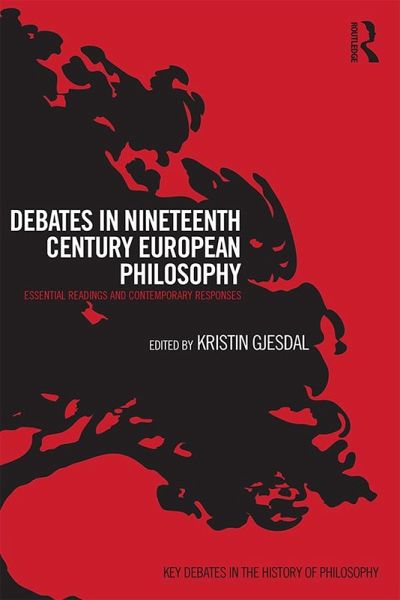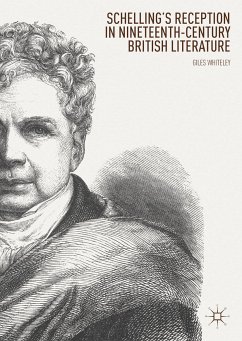
Debates in Nineteenth-Century European Philosophy (eBook, PDF)
Essential Readings and Contemporary Responses
Redaktion: Gjesdal, Kristin
Versandkostenfrei!
Sofort per Download lieferbar
61,95 €
inkl. MwSt.
Weitere Ausgaben:

PAYBACK Punkte
31 °P sammeln!
Debates in Nineteenth-Century European & Philosophy offers an engaging and in-depth introduction to the philosophical questions raised by this rich and far reaching period in the history of philosophy. Throughout thirty chapters (organized around fifteen individual philosophers), the volume surveys the intellectual contributions of European philosophy in the Nineteenth Century, but it also engages the on-going debates about how these contributions can and should be understood. As such, the volume provides both an overview of Nineteenth-Century European philosophy and an introduction to contemp...
Debates in Nineteenth-Century European & Philosophy offers an engaging and in-depth introduction to the philosophical questions raised by this rich and far reaching period in the history of philosophy. Throughout thirty chapters (organized around fifteen individual philosophers), the volume surveys the intellectual contributions of European philosophy in the Nineteenth Century, but it also engages the on-going debates about how these contributions can and should be understood. As such, the volume provides both an overview of Nineteenth-Century European philosophy and an introduction to contemporary scholarship in this field.
Dieser Download kann aus rechtlichen Gründen nur mit Rechnungsadresse in A, B, BG, CY, CZ, D, DK, EW, E, FIN, F, GR, HR, H, IRL, I, LT, L, LR, M, NL, PL, P, R, S, SLO, SK ausgeliefert werden.













